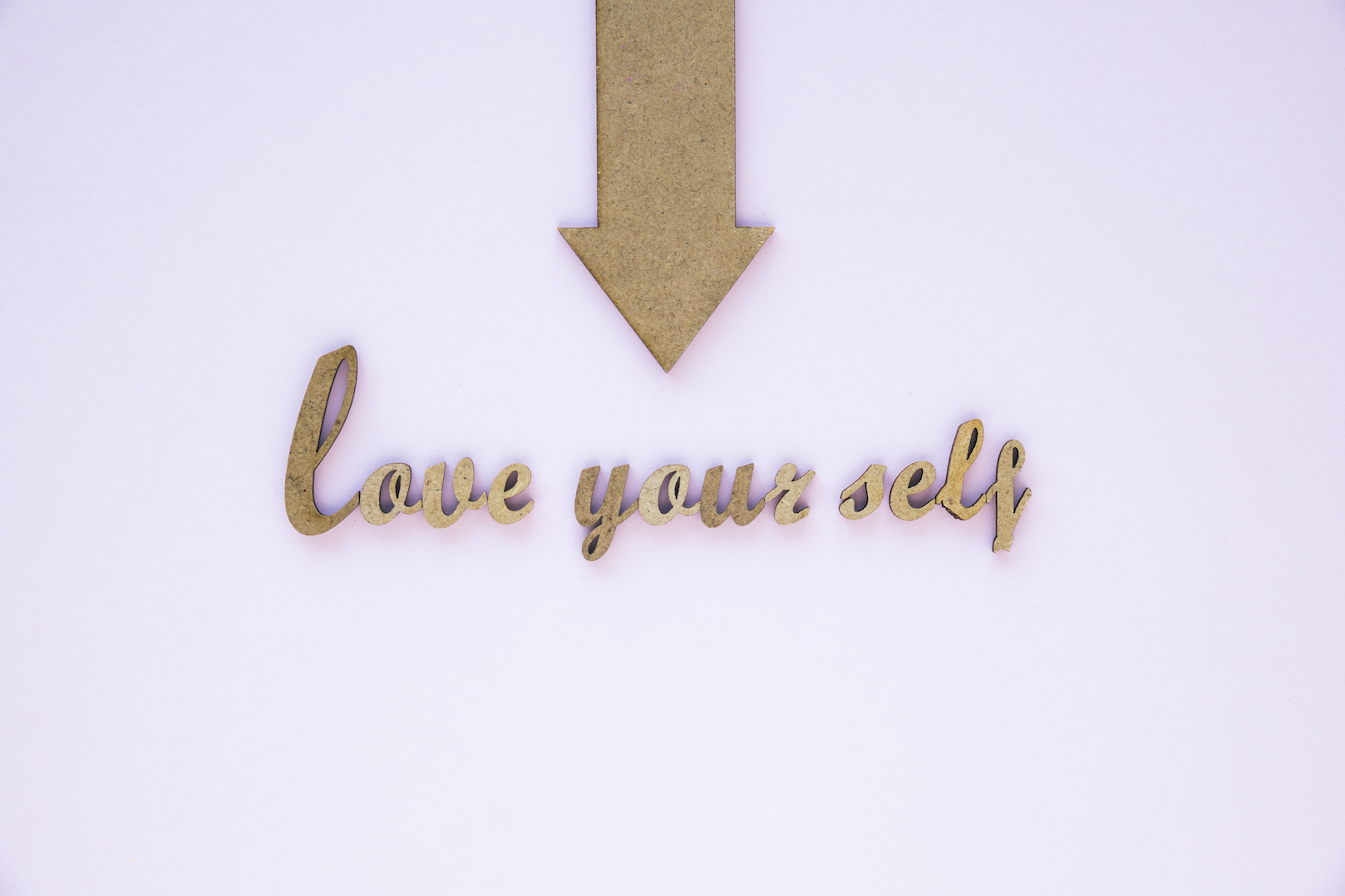What is healthy self-esteem?
Self-esteem is simply how you feel about yourself and how you judge your worth. This evaluation has a deep impact on the choices you make since it determines, to a great extent, what you think you are capable and worthy of doing.
In simple words , self esteem describes how much you like yourself. Your self-esteem involves a variety of beliefs about yourself, such as how you look, how you feel and how you gauge your personal successes or failures.
If you have healthy self-esteem, you are likely to feel positive about your abilities and have a constructive approach to life, in general.
The negative impact of a low self esteem
There are two types of self esteem: ‘high’ and ‘low’.
High self esteem means that you believe in yourself and know that you are a great addition to this world.
Low self esteem means that you don’t believe in yourself and tend to see yourself and your life in a negative and critical way.
We all have moments where we feel less confident , but when low self-esteem becomes a long-term state of mind, it can have a negative effect on our daily lives.
A low self-esteem can reduce the quality of a person’s life in many different ways, including:
– Negative feelings. The constant self-criticism can lead to feelings of sadness, shame, anxiety, fear, anger, loneliness, stress, even depression.
– Struggling Relationships. Low self-esteem may lead people to believe that they don’t deserve or can maintain a healthy relationship. The opposite is also true, some people with low self-esteem can be defensive and aggressive in their behaviour with others.
– Fear of judgement. People with low self-esteem are extra sensitive to criticism, whether from others or themselves. They see it only as reinforcing their limitations and confirming that they are incapable of doing anything right.
– Low resilience. A person with low self-esteem feels unable to cope with challenging events or changes in life
– Lack of self-care. People may feel so unworthy that they neglect or abuse themselves, for example, they start drinking too much alcohol and avoid activities of daily living, such as showering, eating, and washing one’s clothes
– Self-harming behaviours. In severe cases of low self esteem, a person can express their distress by punishing themselves through self- injury.
How to improve your self esteem
Self-esteem is a state of mind, and it can be changed. However, you can only improve your self-esteem if you’re first willing to challenge the negative feelings and judgments you have toward yourself. Making the choice to challenge your thinking may change how you think and what you do, now and in the future.
Here are five ways to nourish your self-esteem when it is low:
1. Use positive affirmations
Using self-talk that is optimistic can help you foster self-compassion, embrace self-doubt, and take on new challenges. On the other hand, negative self-talk can limit your abilities and lessen your confidence by convincing your subconscious that you “can’t handle it” or that something is “too hard” or that you “shouldn’t even try.”
2. Stop Comparing Yourself
Comparisons aren’t healthy. People who compared themselves to others experienced envy. And the more envy they experienced, the worse they felt about themselves. Pay attention to times when you compare your wealth, possessions, skills, achievements, and attributes. Thinking that other people are better will erode your confidence in yourself. When you notice you are drawing comparisons, remind yourself that doing so isn’t helpful. Everyone is running their own race and life isn’t a competition.
3. Practice Self-Care
The more you demonstrate that you value your health, the more you develop a capacity for loving other parts of yourself. Eating healthy and exercising can increase positive thinking and help you feel more encouraged about your future. If you spend time with people who care about you, you may find that it’s easier for you to care for yourself.
4. Spend more time with supportive people
If you struggle with low self-esteem, the NHS recommends spending less time with those who bring you down through their words or actions. By surrounding yourself with those who appreciate you, can see the positives in situations, and make you feel appreciated, you can begin seeing yourself (and challenging situations) in a more positive light.
5. Try something new.
When you try something new, when you challenge yourself go outside of your comfort zone then your opinion of yourself goes up.
You may not have done whatever you did in a spectacular or great way but you at least tried instead of sitting on your hands and doing nothing.
So go outside of your comfort zone regularly. Don’t expect anything, just tell yourself that you will try something out.
And then later on you can do the same thing a few more times and improve your own performance.
Remember that learning being kind to yourself and increasing your sense of self-worth takes time, practice, and patience. But the more you challenge your thoughts and perspectives, the greater joy you can find in yourself and your abilities.
If you feel you are struggling with your self-esteem, working with a therapist can be a huge help. Providing an impartial sounding board, a qualified therapist can help you to navigate the complexities of understanding where your negative opinions of yourself have come from, helping you to challenge these beliefs.

